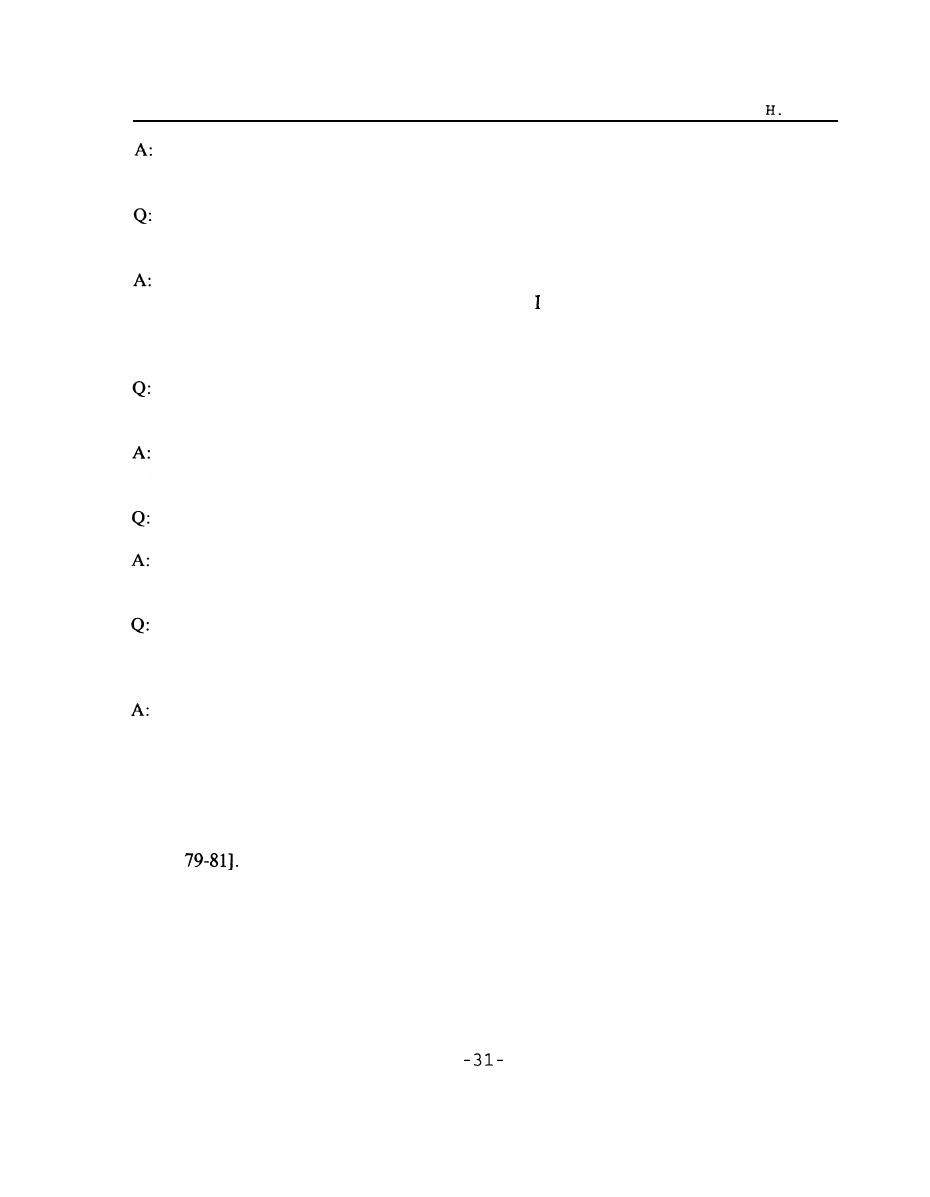
Jacob
Douma
Yes. That's right.
How critical was that? Did they pass a lot of
Did they talk about that experience?
information back to you folks?
Not very much. I don't remember that they ever gave us a lecture on what they learned
in Germany. They had some reading material. don't really know very much about the
Freeman scholarship.
Many experts consider this to have been very critical in the development of hydraulics as
far as international technical and scientific transfer is concerned.
I think that is correct, probably more with respect to the theoretical aspects.
But you didn't gain anything from them on that?
No, I didn't. I don't remember anything.
Is there anybody else you can remember from your days in the Bureau that played a
significant role in the development of hydraulic engineering or hydraulics?
James Ball. He worked with the Bureau a long time in its Denver and Fort Collins
hydraulic laboratories. When he retired, he did consulting and taught part-time up at the
university in Fort Collins. The Bureau's laboratory was turned over to the university, and
he headed that for a while. They did contract model studies for various clients, and Ball
was in charge of making the model studies for a year or two when Richardson took over
his place. Ball stayed at the university and taught a course, and then he did some part-time
consulting. He and I were together in Iran, just before the Ayatollah took over. [see pp.
Q ..
Let's see. We've now talked about all those folks. You've said several times that this
Bureau experience was formative. Then you went from the Bureau back to the Corps and
to the Los Angeles Engineer District.
A:
Yes.



 Previous Page
Previous Page
